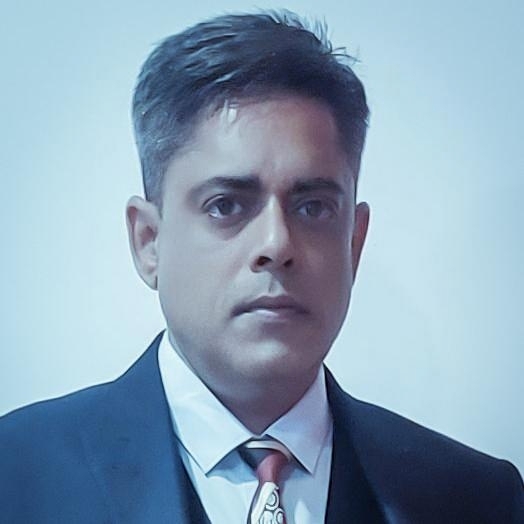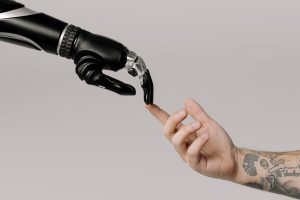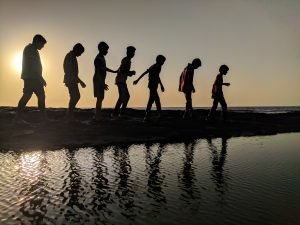For many with disabilities, obtaining healthcare is a journey fraught with obstacles. Physical accessibility to medical facilities remains a significant barrier, and the quality of care is often compromised by a lack of specialized services and trained professionals. In rural areas, these challenges are magnified by limited healthcare infrastructure, highlighting a stark urban-rural divide. This struggle for inclusivity and equal rights is a reflection of India’s commitment to its democratic principles – justice, liberty, equality,and fraternity. This article delves into this complex intersection, exploring the multifaceted challenges and opportunities that arise.
Data, policy and legislation
Disabilities in India span a wide spectrum, including physical impairments, sensory issues, intellectual disabilities, and mental health conditions. Without accurate data, tailoring public health strategies to these diverse needs becomes a guessing game rather than an informed process. Data inadequacies and underreporting mask the true scale of this issue, hindering effective policy development. Similarly, legislative frameworks, such as the Rights of Persons with Disabilities Act 2016, were designed to address these challenges.
However, their implementation has been marred by bureaucratic inertia and ineffective execution. The gap between policy and practice is wide, rendering many of these well-intentioned laws ineffective in improving the lives of those they were designed to protect. At the heart of this challenge is the need for a more inclusive approach to public health policy and practice. But policies must be informed by accurate, comprehensive data that captures the diverse needs of the disability community.
Culture and social dynamics
Social stigma and cultural perceptions around disability further complicate the picture. Misunderstandings and prejudices lead to discrimination, significantly impacting disabled individuals’ participation in education, employment, and social life. Overcoming these deep-rooted attitudes requires not just policy intervention but a shift in societal mind-set. It requires strategic and persistent efforts to dismantle that includes public awareness campaigns, inclusive representation in media, and the promotion of positive narratives around disability. For this, community involvement is crucial. Grassroots movements and local initiatives have the power to change perceptions and foster a more inclusive society. These community-led efforts can bridge gaps that policies and technologies alone cannot fill.
Changing societal attitudes is a slow process, but it is essential for achieving true inclusivity.
Technology and Healthcare
Technology emerges as a beacon of hope. Assistive technologies and digital advancements offer new opportunities for enhancing mobility, communication, and access to information. For example, the Unique Disability ID (UDID) registration system was envisioned as a tool to streamline access to services and benefits for people with disabilities. But the UDID system, while a step in the right direction, needs a comprehensive overhaul. Simplifying the registration process, addressing technical issues, and ensuring the system is accessible to all, irrespective of their disability, are immediate priorities. The system should be a facilitator, not a barrier, to accessing benefits and holistic healthcare services. When it comes to healthcare, systems need to be restructured to provide accessible, high-quality care, irrespective of one’s geographic or economic status. This requires not only infrastructural changes but also a significant increase in the training of healthcare professionals in disability care.
The intersection of public health and disability in India reveals a complex but not insurmountable challenge. It calls for a concerted effort from all sectors of society, government, private sector, civil society, and the disability community itself. The exploration into the lives of millions with disabilities in India is not just a call for awareness but a prompt for action. Policymakers, social workers, and the broader society must collaborate to navigate these challenges, turning the ideals of justice, liberty, equality, and fraternity into tangible realities for the disabled population. The story of disability in India is still being written, and every step taken towards inclusivity and empowerment adds a hopeful line to this ongoing narrative.









